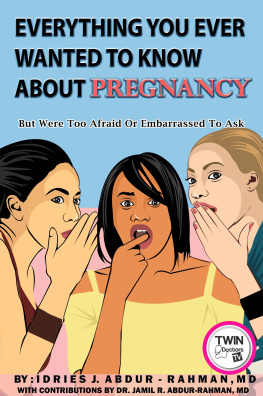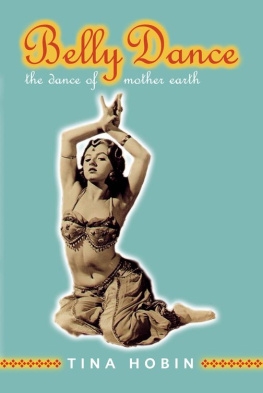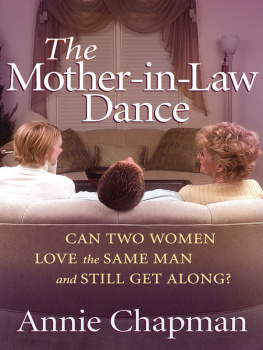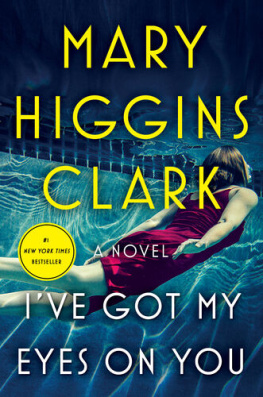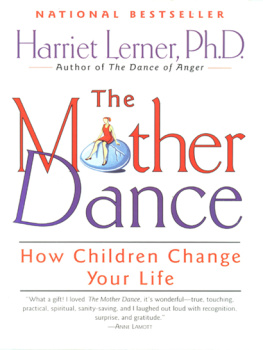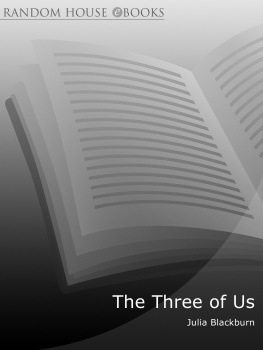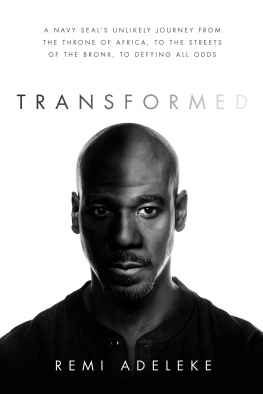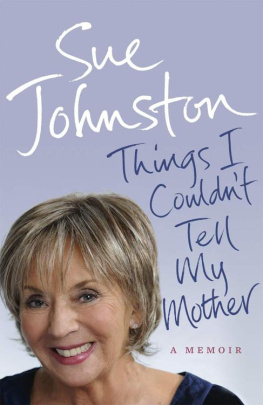Insights on Penny Marshall's My Mother Was Nuts
Insights from Chapter 1
#1
I have never wanted to grow up and stop playing. I have never wanted to stop playing outside with my friends, and I have never wanted to stop playing with my iPad. I have always tried to maintain a connection to the sense of play that I remember from my childhood.
#2
My mother, Rosalie, was married to my father, Anthony Tony Masciarelli, in 1932. They had a small house in Pelham, just north of the Bronx, with my mothers parents, who helped with the payments. My father worked as an art director, and my mother taught dance in New Rochelle at the Arcaro Dance School.
#3
My mother, who was very afraid of fires, was deathly afraid of pregnancy, and she and my father had to move out of their apartment in the Bronx. They moved into a two-bedroom apartment in the Bronx, and my mother started her own dance school.
Insights from Chapter 2
#1
I was born on October 15, 1943, in St. Vincents Hospital in New York. My mother, who was a fan of Carole Lombard, named me Carole. From then on, I started the first day of each school year with a note from my mother saying not to call me Carole.
#2
I had a soft side for my grandmother, who was blind. I loved playing with my doll, Nancy, and I would spend hours hiding in her closet. My mothers ermine coat was hanging in the back of the closet, and I would suck my thumb as I rubbed my face against the soft fur.
#3
My parents were in the other bedroom. They had separate beds, of course, separate dressers, and separate everything. My father kept all of our school drawings and family photographs neatly organized and filed in a locked cabinet near his bed. I guess he was sentimental. My mother wasnt.
Insights from Chapter 3
#1
I was constantly being watched by my grandmother, who was the buildings witch lady. I would play outside with my friends, but I had to be careful because my grandmother could hear us and would call the super if we were noisy.
#2
I barely knew my brother and sister, who were nine and six years older than me, respectively. I rarely saw them, as they were always sick or injured. I didnt pay attention to ethnicities or skin color, as I lived on the border between the Jewish and Italian-Catholic neighborhoods.
#3
I grew up in the Bronx, and I never knew north, south, east, or west. I only learned uptown, downtown, and Were going to Alexanders. Alexanders was a department store, and for me, it was the center of the universe.
Insights from Chapter 4
#1
I have only the slightest interest in food. I am not a foodie, and I have my mother to thank for that. She was more than satisfied with a bialy and butter or an onion sandwich. She hated to cook, and my father rarely came straight home after work.
#2
My Nanny was unlike anyone I had ever met before. She ate whatever was put in front of her, and she didnt care if it touched or not. She was like that. Holidays were the same for my parents. They would buy presents on sale at Alexanders, and my mother would refuse to want anything for Christmas.
Insights from Chapter 5
#1
My mothers dance school was located in the basement between the incinerator and the storage room for bikes and sleds. It was a special place for those who took lessons at the Marjorie Marshall Dance School. I hated every minute of the hour-long classes, but my mother meant well.
#2
The Jackie Gleason Show was a TV show that my mother was invited to appear on in 1952. We were the youngest dancers on the show, and we had to paint our white tap shoes with pancake makeup to make them match our costumes. The sight gag was simple but effective.
#3
My mother was a producer/choreographer/road and stage manager. She taught me to pack my suitcase with costumes for the last number at the bottom and the first one on top. She rehearsed us on subway platforms, and people stared.
#4
I was always a performer, but I never thought of myself as an entertainer. I was lucky to have been tortured so young, as it gave me a Plan B and a lifetime of confidence.
Insights from Chapter 6
#1
I loved going to camp. It was a family tradition, and I was excited to go every year. I was envious of my sisters and brothers experiences there, as they were able to send letters home while I was left with my mother and Nanny.
#2
I went to Camp Geneva, a Jewish camp, with my sister and brother. I was allergic to penicillin, so I spent the first week of camp in the infirmary. I enjoyed all the singing and dancing, and I became friends with Dede Levy from Long Island, Sherry Arbur, Barbara Peltzman, and Nancy Cohen.
#3
I took a year off from high school to attend Camp Edgemont, a horseback riding camp in Deposit, New York. I spent the next two summers working as a waitress at Geneva, and I was assigned the staff table where I met Marvin Hamlisch, who would go on to write the music for the Broadway production of Peter Pan.
Insights from Chapter 7
#1
I had my own room when I was nine years old. My brother once observed that when you watch our home movies, you can see me grow progressively more depressed. I loved reading and watching TV shows.
#2
I had my first real kiss at 13. I was always interested in getting boys to pay attention to me, and I would hit boys on the Junior High School 80 schoolyard and run, hoping they would catch me. But they couldnt. I was too fast.
#3
I was always at the Jewish Community Center, waiting for my friends to come and meet up with me. We would race home after American Bandstand to check out the latest new dance.
Insights from Chapter 8
#1
I came home one day to find my parents getting a divorce. I was 15 years old. I weighed the pros and cons of each parent, and decided that my mother was funnier than my father. I chose her.
#2
I was a sophomore at Walton High School when I took calculus, chemistry, and physics with the smart kids. I was good at studying things like the periodic table of elements, charts, and graphs. But essays gave me trouble. I wrote, Carelessness. After my grades slipped from As to Bs and Cs during my junior year, the guidance counselor called my parents in for a conference.
#3
I was the rag monitor and wiped the tables in the cafeteria after lunch. I was accepted to William Mary, the liberal arts college in Williamsburg, Virginia. I was thrilled, but my mother was surprised that I was excited about going to a different state.
Insights from Chapter 9
#1
I had a very easy time adjusting to college life. In letters home, I assured my mother that I was happy and busy. I stayed on campus for Thanksgiving and continued sending letters home.
#2
I was always able to cross boundaries and make friends with people of different cultures and backgrounds. I didnt understand the biases of the Southern boys I dated, though, and one day I was made to feel out of place at a dance when I was with a black football player.
Insights from Chapter 10
#1
I met Mickey Henry, a football scholarship freshman, in my sophomore year. I was in school on a counselor position at Diana-Dalmaqua camp in the Catskills, run by the parents of my mothers dancing school favorite, Lois Rosenberg. We got romantic in his car, and I missed my period. I was pregnant.
#2
I was finally ready to get married, but I was pregnant before we even got married. My parents were upset, but we went on a honeymoon weekend and watched President Kennedys funeral on TV.
#3
I found out that Mickeys family was Jehovahs Witnesses, and that he didnt celebrate the holidays. I took him to his first Broadway show, and we lived with his mother and grandmother. I gained weight as I prepared for the birth of my daughter.


